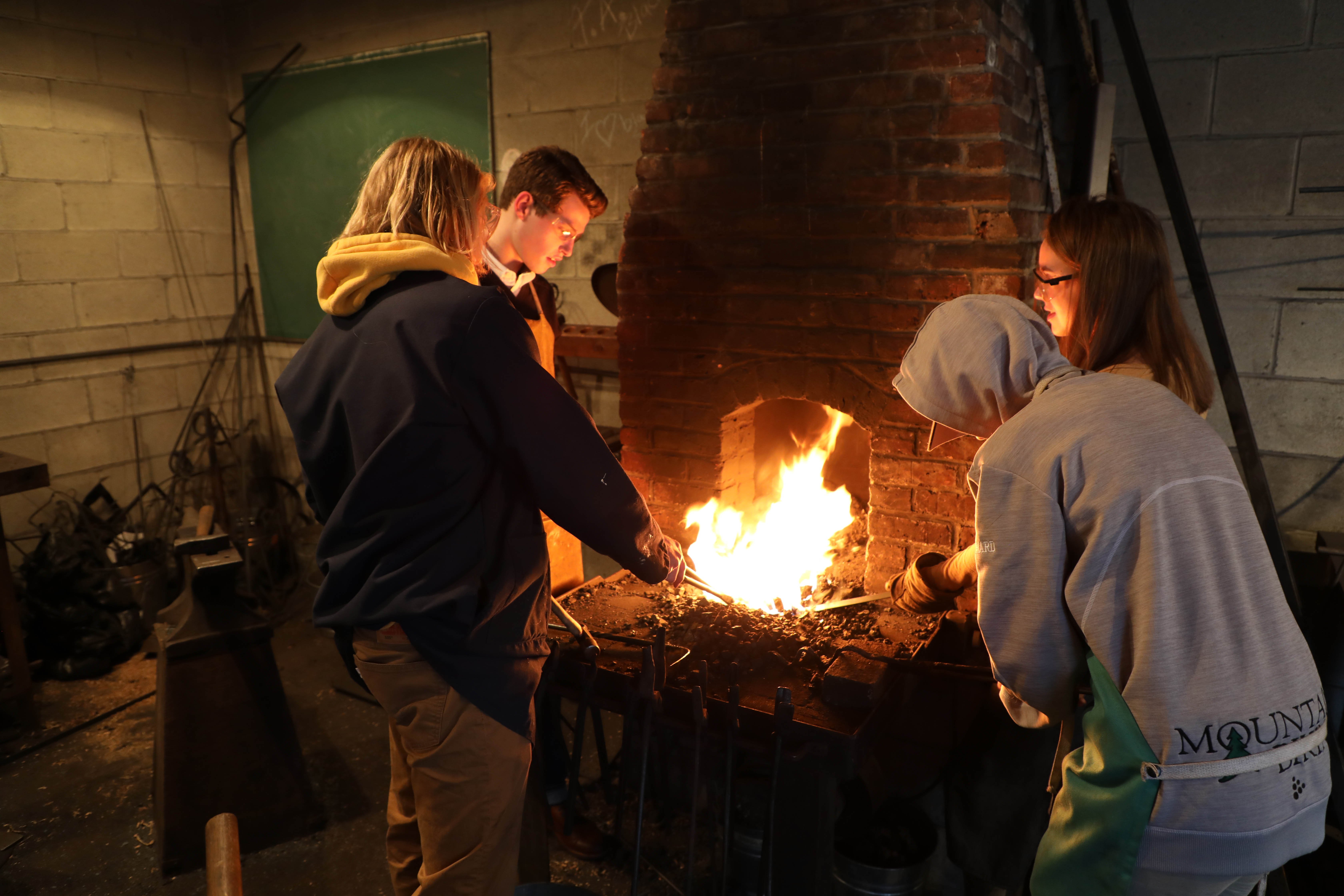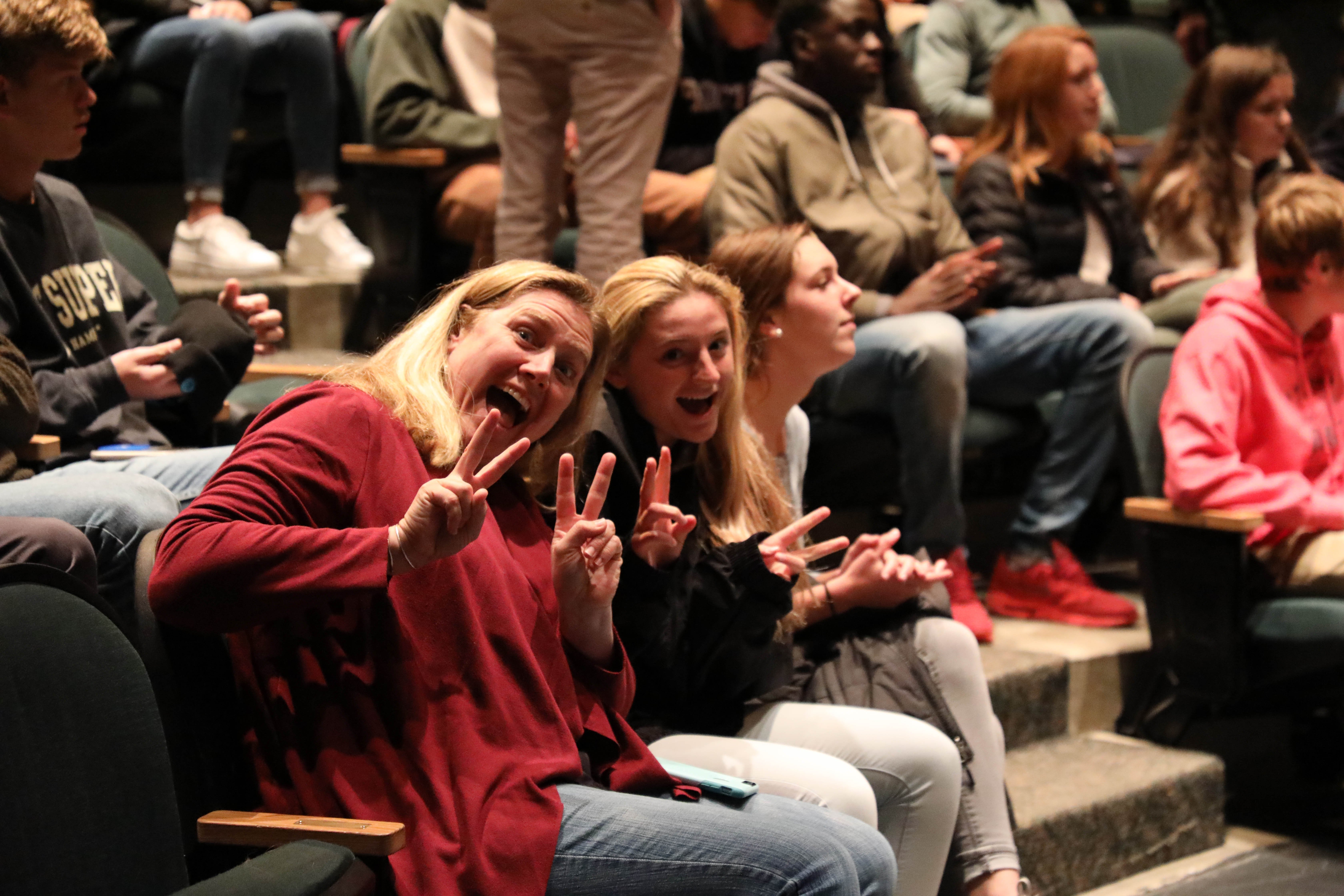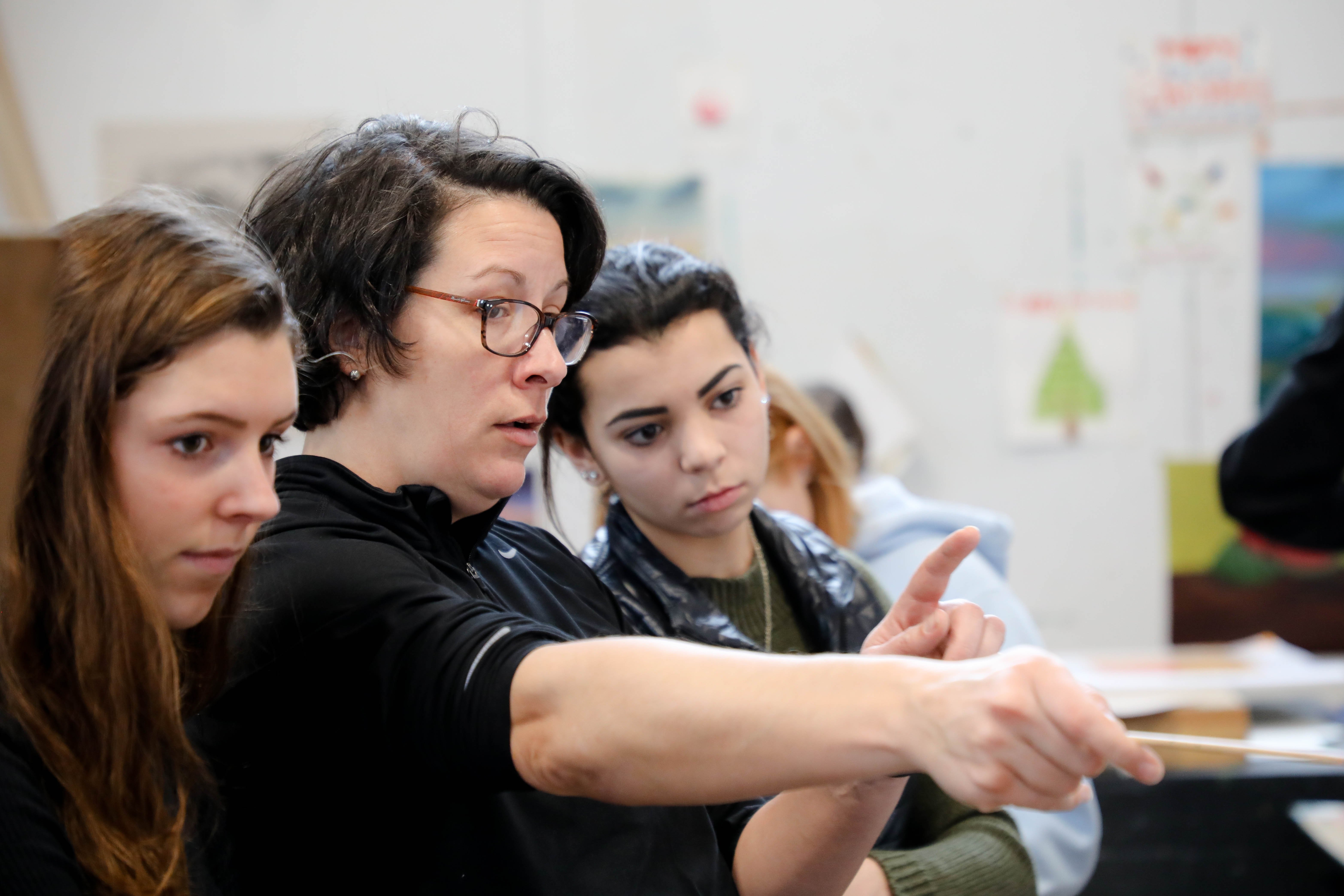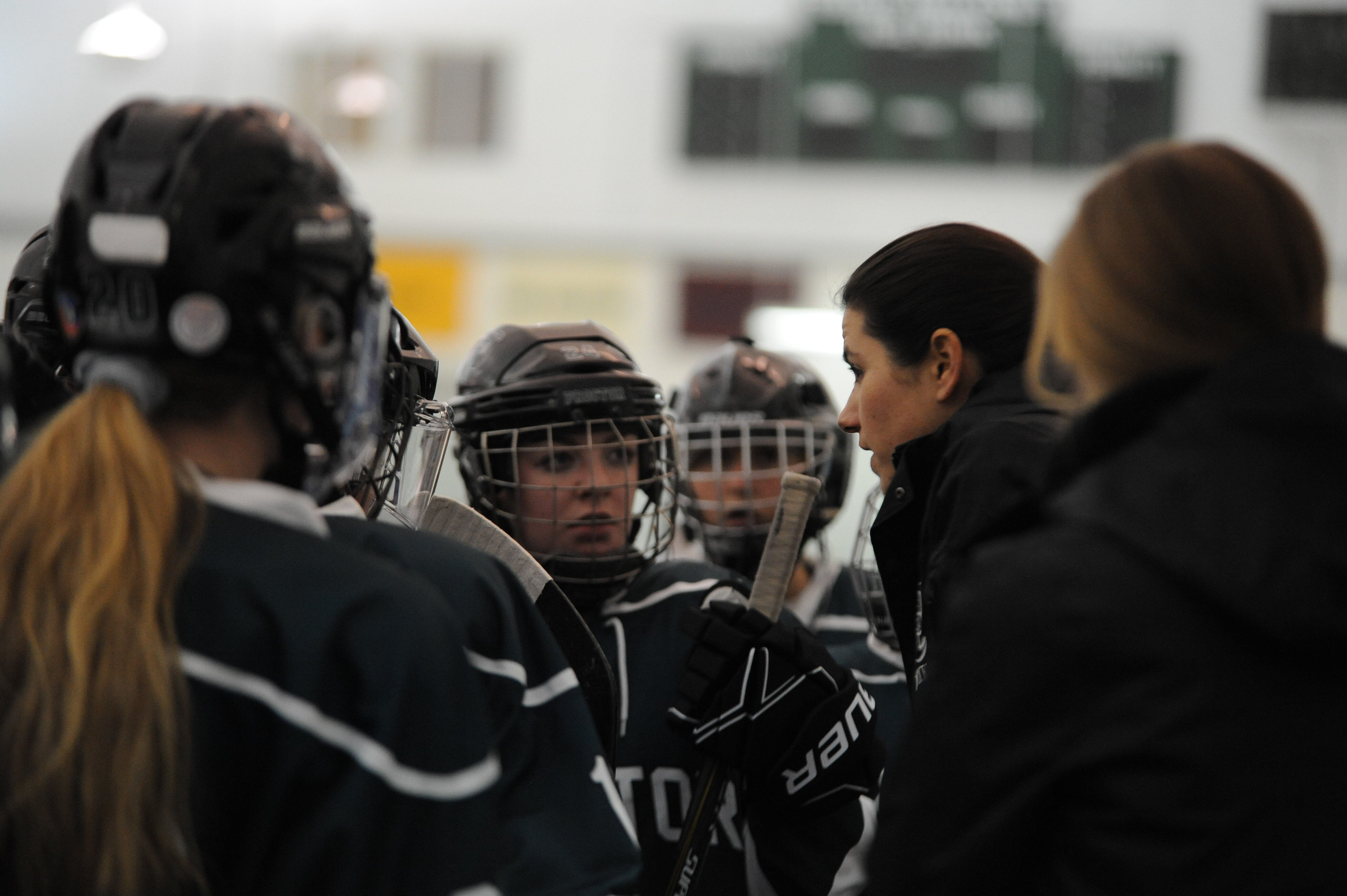In the midst of the daily grind of teaching adolescents, we risk drifting away from our “why”. Why have we dedicated our life to education? Why have we chosen Proctor as the fertile ground into which we will sow our seeds of hope for the next generation? In order to best serve our students, we must nurture daily habits of centering around our “why” as individual educators and as a community.

Many schools provide a concise, nicely tied up educational philosophy on their website so prospective families can clearly understand the overarching goals of their specific academic model. From my seat in our communications and marketing office, a part of me has always envied these schools; wishing Proctor was a little cleaner in the articulation of our educational philosophy. There always seem to be an addendum, a “but” or “and” statement tagged on to clarify the complementary nature of seemingly divergent programs.

And then I look around at the students and faculty who partner daily in pursuit of our mission and realize there is nothing simple, nothing clean, nothing easy about Proctor’s educational model. When you’re “in” the Proctor model you see the magic at work, you understand how the messiness of 135 course offerings, five term-long off-campus programs, more than 30 different afternoon programs, elite level athletic and art programs, small family-style dormitories, and integrated academic support work in concert with each other to provide unparalleled richness to each student’s individual journey while adding to our collective experience as a school community.

Despite our best efforts, we will never be able to distill the magic that happens at Proctor - in our classrooms, through off-campus programs, in Learning Skills, dorms, athletic teams, the arts - into an easily digestible academic philosophy we can post on our website and layout in our Admissions view book. To do so oversimplifies the complexity of adolescents and omits the most important intangible aspect of an effective learning community: emotional relationships.

David Brooks, the New York Times columnist and author of The Road to Character, often dispenses incredibly wise words through his writing, with this past week’s Op Ed in the Times being especially powerful. I could quote the entire article as a part of this blog (and encourage you to read the entire piece HERE). This paragraph, specifically, speaks to our “why” at Proctor:
“A key job of a school is to give students new things to love - an exciting field of study, new friends. It reminded us that what teachers really teach is themselves - their contagious passion for their subjects and students. It reminded us that children learn from people they love, and that love in this context means willing the good of another, and offering active care for the whole person.”

Brooks describes the messiness of Proctor’s dynamic educational model, always evolving, ever-seeking to meet students where they are. Students dive into their Proctor experience with confidence because they see teachers who love what they do and genuinely care about their growth as a student. As Brooks notes, “The bottom line for any school: What is the quality of the emotional relationships here.”

Healthy emotional relationships within a community require tough conversations. They demand objective listening, vulnerability, and a care for the greater good of the community. As we scramble to clean up from a major winter storm over the past weekend, process deep, heavy conversations from Martin Luther King Jr. Day, and look forward to a few days off this weekend, we pause to remember our “why”. Proctor exists to give our students something to love. How will we guide them toward unlocking their passion?








